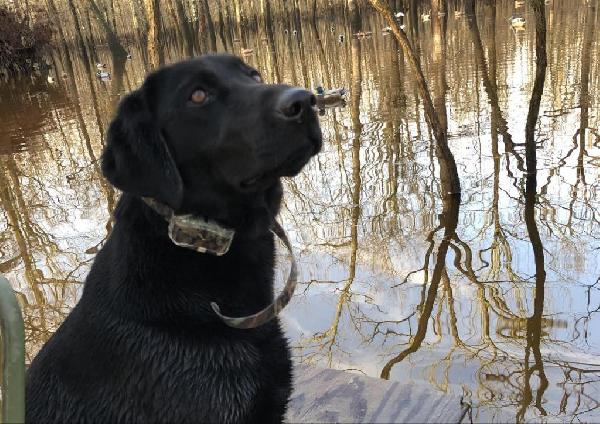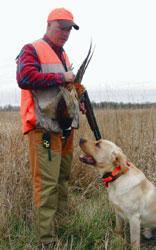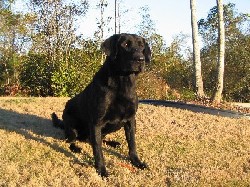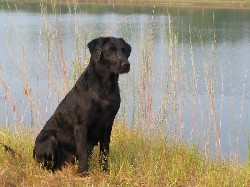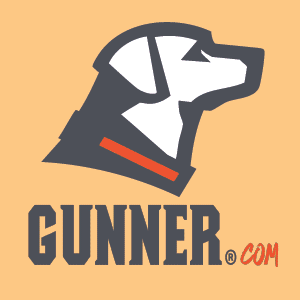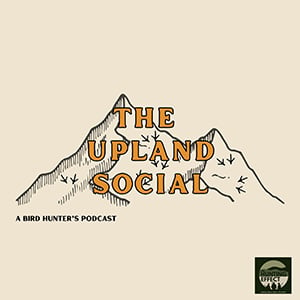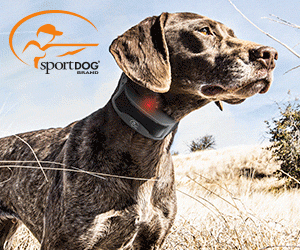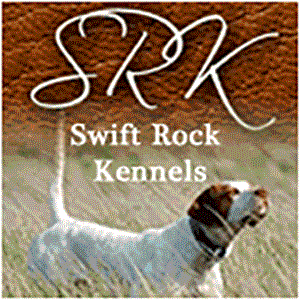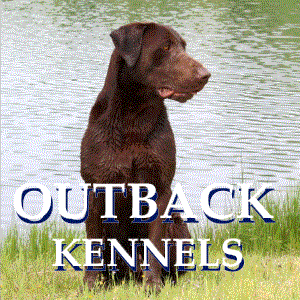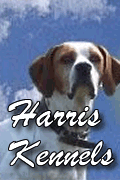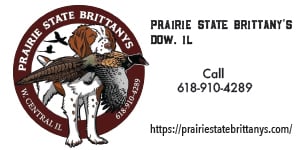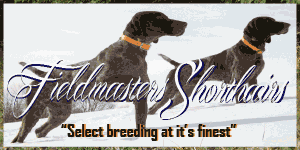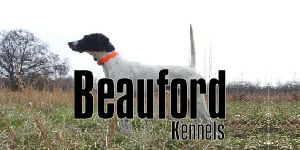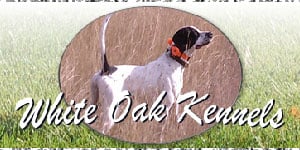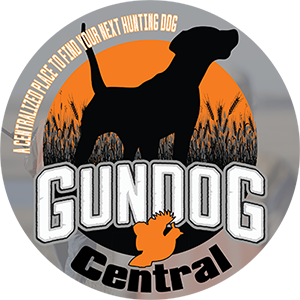Article Database
These page is loaded with Featured Articles
Building the Foundation at Any Age
Most of us know that the best training comes from starting early in a dog’s life. Getting that young pup chasing tennis balls down the hallway is the best way to get that future Master Hunter started on the retrieving journey. But what do we do if the dog we get is a little older, two or three years old, and other than “sit” and playing fetch in the backyard, they have no formal retrieving skills? They are solid with those very basic things, but with no formal training.
Training Your Retriever for Double Duty
If you own a waterfowl dog, chances are that sooner or later you're going to ask it to perform upland duty. It might be a pheasant hunt as a sideline to your Dakota duck hunt, or maybe an afternoon of quail hunting after a morning goose hunt. Most retrievers handle their second job pretty well. You can help your dog perform that job even better.
Breeding a Better Dog
A pair of wood ducks came screaming by as my dad and I folded the drake. Most likely my dad did the folding, but I tried to help with my single shot 20 gauge. He pulled our springer/lab cross and myself through the cattails and marsh grass searching for the drake.
Retriever Corner
There are many schools of thought regarding progression with yard basics. In this article I will address my personal schedule aimed specifically at the T pattern drill I use in developing skills needed for swim-by work and beginning cold blind work.
Handling
Here are a few standards to "live" by when it comes to handling/helping a dog on marks followed by when to use corrections in such situations:

